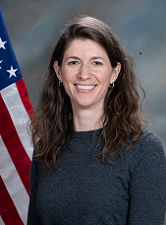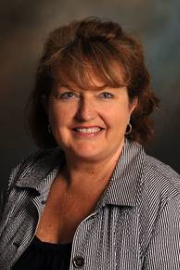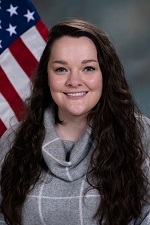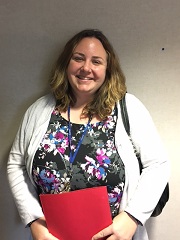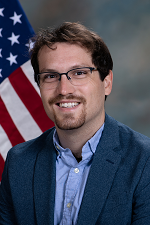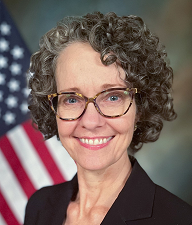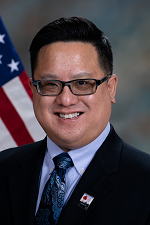Veteran Engagement Core
Veteran Engagement Panels at CCDOR
| What is involved when meeting with a CCDOR Veteran engagement panel? | What types of panels exist for Veteran engagement in research at CCDOR? | What is the cost to a researcher to meet with a panel of Veterans? |
|---|---|---|
| Click Here to view PDF | Click Here to view PDF | Click Here to view PDF |
Meeting Topics and Key Questions |
||
What is “Veteran engagement” in research?
We define “engagement” as the active, meaningful, and collaborative interaction between Veterans and researchers across all stages of the research process, where research decision-making is informed by Veterans’ lived-experience expertise.
Veterans who offer their expertise through engagement processes are not research subjects and they are not referred to as patients; they are our colleagues. As such, they serve as paid experts who share their “boots on the ground” perspectives to help health researchers better integrate the real-world experiences of Veterans into the design, conduct, interpretation, and dissemination of their studies.
Why is Veteran engagement in research important?
Veterans are at the heart of health care provided by the VA and should have a voice in research done to improve the care they receive. Veteran engagement throughout the research process also provides a valuable “reality check” that helps ensure research studies are both feasible to conduct and meaningful to the Veteran community.
How do Veteran engagement panels operate at CCDOR?
Trained staff support interactions between researchers and diverse groups of Veterans who serve on CCDOR Veteran engagement panels. Each panel meeting lasts 2 to 3 hours, depending on the panel, and is intentionally structured to produce co-learning conversations and build relationships based on mutual respect. Most panel meetings are held virtually using meeting platforms such as Zoom, WebEx, and Microsoft TEAMS, requiring panel members to have access to reliable internet and a computer or tablet device. There are a few meetings a year that require Veterans to meet in-person at the Minneapolis VA hospital site. Veteran engagement panel staff work with guest researchers to identify key questions during the meeting planning process. Panel staff work to ensure the process is valuable to Veterans and seamless and to this end there is continuous process improvement in the preparation and facilitation of meetings.
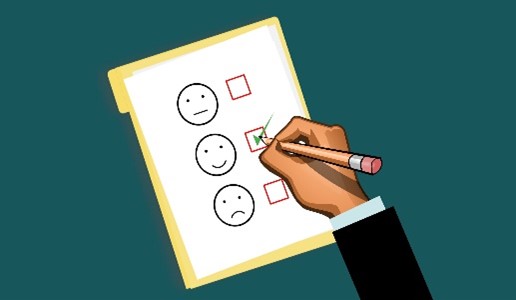
Questions or interested in participating? Contact Austin Thao at Austin.Thao@va.gov
Expertise: The CCDOR Veteran Engagement Core is chaired by Dr Laura Meis, and includes a team of members who each have an individual role for running panels and continuing to develop innovative ideas to keep panels moving forward:
Laura Meis, PhD |
Debbie Pestka, PharmD, PhD |
Austin Thao, MSW, MPH, LGSW |
Agnes Jensen, MPH |
Kim Behrens, MA |
Emily Campbell, MA |
Erin Amundson, MPH |
Mallee Argust, BA |
Adam Kaplan, PhD |
Tracy Sides, PhD, MPH |
Kristen Ullman, MPH |
|
Steven Fu, MD, MSCE |
||
Additional Veteran Engagement Panel (VEP) News
- Video interview: Sides, T. & Miedema K.* (Sept. 2024). Engaging Veterans Builds Trust - and Better Research. VA Health Systems Research Website.
- Video interview: Sides. T. (Sept. 2024). On Building a Veteran Engagement Team for Research.
- MNVA newsletter article: Veterans consulting VA researchers. Article in Minneapolis VA Medical Center's "On the Beat" newsletter and Website post (June 2024). Features work of and quotes from Veterans who serve in the patient-engagement service of the VA Pain/Opioid Consortium of Research. Newsletter is delivered to Veterans and VA employees.
Incorporating the Veteran Perspective to Improve Research
Agnes Jensen, a Veteran with the US Navy and CORE facilitator, was featured in a PCORI video on incorporating Veterans as patient advisors in the research process:
Vimeo: https://vimeo.com/299295933
YouTube: https://youtu.be/R8rWpkVed8Y
The Value of the Veteran Population in Research
As a Veteran herself, Agnes Jensen encourages researchers to engage the Veteran population in their research efforts because they are service-driven, collaborative, and eager to give back.
Vimeo: https://vimeo.com/299295903
YouTube: https://youtu.be/l-luxam8LVs
Scholarship:
Sides, T., Jensen, A.*, Argust, M., Amundson, E., Thomas, G., Keller, R.*, Mahaffey, M., Krebs, E. (Apr. 2024). Experiences and lessons learned from a patient-engagement service established by a national research consortium in the U.S. Veterans Health Administration. Learning Health Systems, 8(3). https://doi.org/10.1002/lrh2.10421
Sides, T. & Argust, M. (Mar. 2024). Engagement Panels Bring Veterans' Perspectives to Pain/Opioid AMP Research Priorities. VA Health Systems Research: Veterans’ Perspectives.
Sides, T., Amundson, E., Miedema, K.*, Washington, K.*, & Jensen, A.* Engagement is at our CORE: Sharing the successful model of the Pain/Opioid CORE Veteran Engagement initiative. Veteran forum presentation accepted for 2023 VA HSR&D Annual Meeting (date/location TBD).
Bannister, J., Meis, L. A., Kehle-Forbes, S. M., DeVoe, E., Keller*, J. A., & Downing*, G. (November 9-12, 2022) The Moral Imperative of No Research about Me without Me: Improving Research Equity and Design through Stakeholder Engagement Panels of Veterans and Clinicians. Panel presentation at the 38th Annual Meeting of the International Society of Traumatic Stress Studies, Atlanta, Georgia.
Sides, T., Jensen, A.*, Amundson, E., Mahaffey, M., Siver, M., Thomas, G., & Krebs, K. (Oct. 2022). Facilitating Meaningful Patient Engagement Among Pain Researchers in a National Integrated Health Care System. Poster presentation at the 2022 IASP World Congress on Pain, Toronto, Canada.
Argust, M. & Sides, T. (Mar. 2022). Pain/Opioid CORE Veteran Engagement Panel Brings Veterans’ Perspectives to HSR&D Research. VA Health Services Research & Development Service: Veterans’ Perspectives.
Jensen, A. C., Amundson, E. C., Brown, C*., Cochrane, J*., Daly, D.*, Glenn, R*., Hope, K.*, Hawkins, J.*, Oakley, J* W., Sacra, E.*, Walker, J*., & Westmoreland, W. C., Sr (2022). "Not all groups come together, but this one just clicks": Ten Tips for Sustaining an Engagement Panel. Journal of General Internal Medicine, 37(Suppl 1), 80–82. https://doi.org/10.1007/s11606-021-06985-1
*Veteran co-authors














